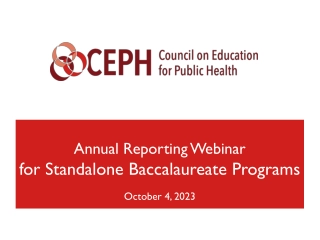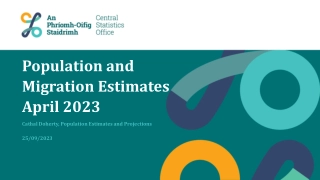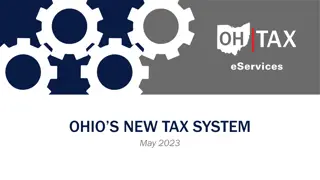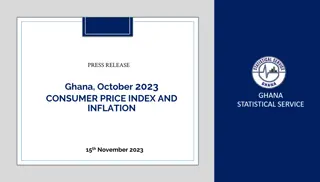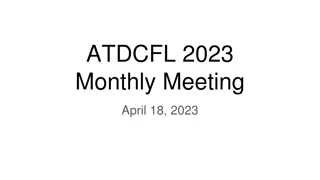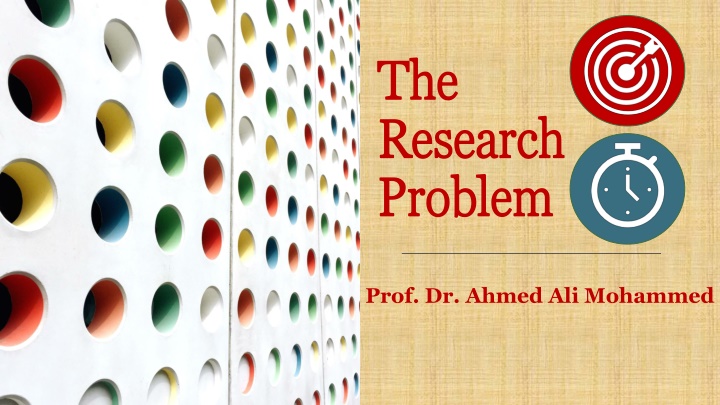
How to Address a Research Problem by Prof. Dr. Ahmed Ali Mohammed
Understand the concept of a research problem and how to address it effectively. Learn where research ideas come from, how to plan your research schedule and budget, and the significance of choosing the right research problem. Prof. Dr. Ahmed Ali Mohammed provides insights on identifying, formulating, and solving research problems.
Download Presentation

Please find below an Image/Link to download the presentation.
The content on the website is provided AS IS for your information and personal use only. It may not be sold, licensed, or shared on other websites without obtaining consent from the author. If you encounter any issues during the download, it is possible that the publisher has removed the file from their server.
You are allowed to download the files provided on this website for personal or commercial use, subject to the condition that they are used lawfully. All files are the property of their respective owners.
The content on the website is provided AS IS for your information and personal use only. It may not be sold, licensed, or shared on other websites without obtaining consent from the author.
E N D
Presentation Transcript
The The Research Research Problem Problem Prof. Dr. Ahmed Ali Mohammed
How to address a Research Problem Prof. Dr. Ahmed Ali Mohammed
What is the research problem? A research problem is a specific issue, difficulty, contradiction, or gap in knowledge that you will aim to address in your research. You might look for practical problems aimed at contributing to change, or theoretical problems aimed at expanding knowledge. Bear in mind that some research will do both of these things, but usually the research problem focuses on one or the other. The type of research problem you choose depends on your broad topic of interest and the type of research you want to do. Prof. Dr. Ahmed Ali Mohammed
Where do research ideas (problems) come from? It can arise from a range of sources such as: 1. The personal or professional experience Everyday personal or professional experience may lead us to identify a problem for which we would like a solution. Alternatively, we may encounter a question or questions that we would like to try and answer. 2. A theory Theories may be useful in suggesting interesting questions and generally guiding fieldwork, but should not restrict us from exploring alternative explanations. The end result of the research process is knowledge. Prof. Dr. Ahmed Ali Mohammed
3. The media We are also flooded with information presented by the media, such as television, which again might give rise to research ideas. 4. Other research studies. When searching and reading literature it is possible to encounter gaps in information and knowledge, and problems for which there is currently no solution. These may provide a good basis for research. Prof. Dr. Ahmed Ali Mohammed
How to plan to the research problem 1. Put a research schedule In some cases, you might have to include a detailed timeline to the project, exactly explain what you will do at each stage and how long it will take. In addition, check the requirements of your programme or funding resources to see the required time. 2. Put a budget If you are applying for research funding, you will probably have to include a detailed budget that shows how much each part of the project will cost. Prof. Dr. Ahmed Ali Mohammed
To determine your budget, think about: a. Materials: -Do you need access to any tools or technologies? -Are there training or installation costs? -Will you need to buy things from the outside, ex: Import kits, chemicals, reagents, instruments etc. b. Seek assistance: -Do you need to hire research assistants for the project? -What will they do and how much will you pay them? -Will you hire devices or work in other labs? Prof. Dr. Ahmed Ali Mohammed
c. Travel costs: -Do you need to go to specific locations to collect data? -How will you get there? how long will you spend there? and what will you do there? d. Time: -Do you need to take leave from regular duties such as teaching? -How much will you need to cover the time spent on the research? Prof. Dr. Ahmed Ali Mohammed
How to write a research proposal A research proposal describes what you will investigate, why it s important, and how you will do the research. The format of a research proposal varies between fields, but most proposals should contain at least these elements: Cover page. Introduction. Literature review. Research design. Reference list. Prof. Dr. Ahmed Ali Mohammed
There may be some variation in how the sections are named or divided, but the overall goals are always the same. As a student, you might have to write a research proposal to get your thesis or dissertation plan approved. All research proposals are designed to persuade someone, such as a funding body, educational institution, or supervisor that your project is worthwhile. Prof. Dr. Ahmed Ali Mohammed
Research proposal aims 1. Relevance: Convince the reader that your project is interesting, original and important. 2.Context: Show that you are familiar with the field, you understand the current state of research on the topic, and your ideas have a strong academic basis. 3. Approach: Make a case for your methodology, showing that you have carefully thought about the data, tools and procedures you will need to conduct the research. 4. Feasibility: Confirm that the project is possible within the practical constraints (restrictions or limitations) of the programme, institution or funding. Prof. Dr. Ahmed Ali Mohammed
How long is a research proposal? The length of a research proposal varies dramatically. A proposals for Ph.D. dissertations and research are often long and detailed. Although you write it before you begin the research, the proposal s structure usually looks like a shorter version of a dissertation, but without the results and discussion sections. Prof. Dr. Ahmed Ali Mohammed
Home work 1. Think about a research problem in your discipline and try to apply all the above notes when you search about it. 2. Prepare yourself for a brief discussion about it. Good Luck Prof. Dr. Ahmed Ali Mohammed
Thank you for your listening Thank you for your listening See you See you Next Next Prof. Dr. Ahmed Ali Mohammed Lecture Lecture


